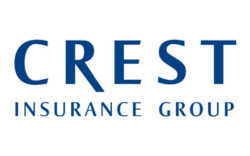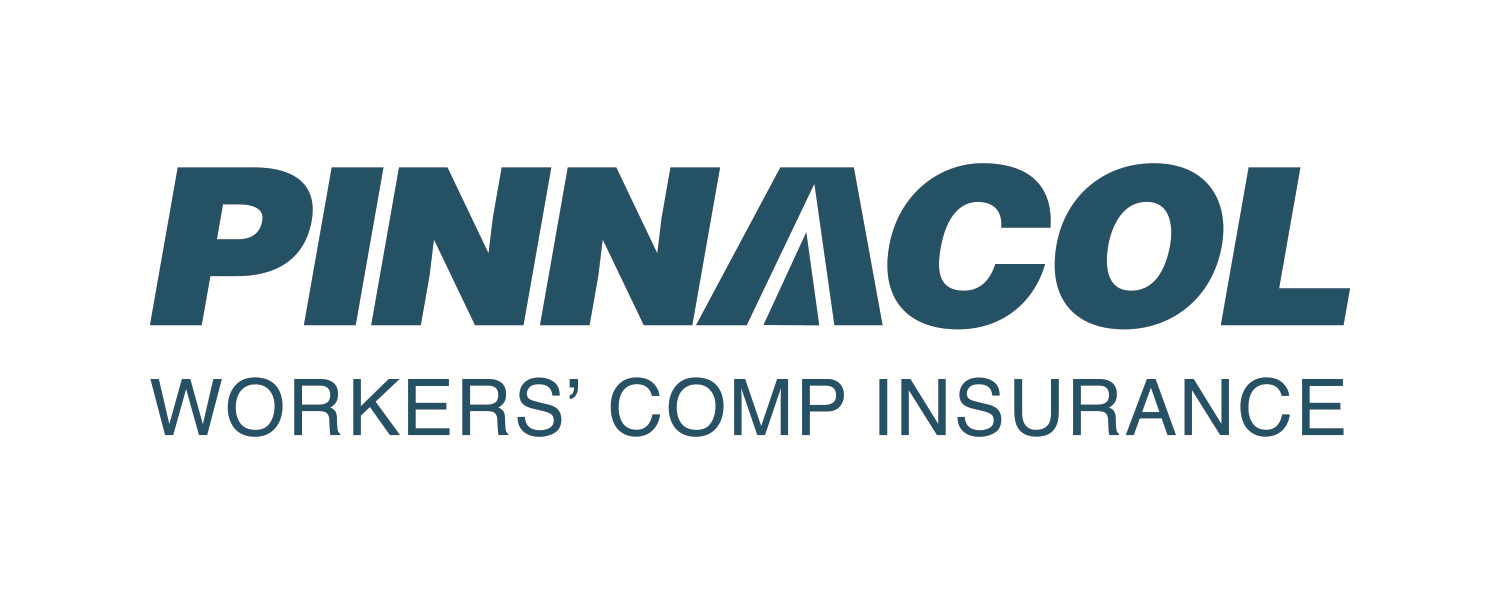Labor Department Withdraws Onerous 80/20/30 Tip Credit Rule: 5 Practical Tips for Employers
Content from our partners at Fisher Phillips LLC
If you take the tip credit for employees that receive gratuities, you’ll want to review your policies and practices in light of Monday’s game-changing announcement from the U.S. Department of Labor (DOL). In good news for employers, the Department officially withdrew its 2021 tip credit rule to align with a recent 5th Circuit decision that vacated the Biden-era 80/20/30 rule. The rule required employers to pay tipped workers the full minimum wage for all time spent providing “directly supporting work” — which means side work like cleaning and setting tables — that exceed 20% of their hours in the workweek and when tipped workers performed directly supporting work for more than 30 consecutive minutes, regardless of whether that time exceeds the 20% limitation. This compliance headache made it difficult for employers to use the tip credit under federal law. So what does this mean for your business practices? Here’s what you need to know and five practical tips for compliance.
How Did We Get Here?
- Tip Credit. The FLSA allows employers to take a so-called “tip credit” and pay employees who traditionally receive tips – such as servers and bartenders – as little as $2.13 an hour, so long as they make at least the standard minimum wage ($7.25 an hour) when tips are factored in.
- “Dual Jobs” Rule. Prior to the 80/20 rule, the DOL applied what is called the “dual jobs” rule – which essentially says an employer can’t take the tip credit for an employee’s work in a nontipped role. So, let’s say an employee works both as a maintenance person and a server for a hotel and earns at least $30 in tips per month. The worker is only deemed a “tipped employee” during the time they work in the server position. This means the employer may not take the tip credit (and must directly pay the full minimum wage) for the hours the employee spends working in maintenance.
- 80/20 Rule. Historically, some courts and states have incorporated guidance from DOL opinion letters and other sub-regulatory guidance stating that a worker who spends more than 20% of their time in a week performing non-tip-producing work must be paid the full minimum wage for that time – but this guidance was not in the actual regulations.
- Employer-Friendly Proposal. A Trump-era proposal would have created a rule that aligned with the dual jobs rule language to make compliance easier for employers that take the tip credit. Specifically, the proposal would have allowed employers to take the tip credit for the time tipped employees spent performing related, non-tipped duties, so long as they were performed contemporaneously or for a reasonable time before or after tipped duties. The proposal made no reference to the stringent 80/20 restrictions. But this rule never took effect.
- 80/20/30 Rule. Next, the Biden administration finalized the 2021 rule, which incorporated the 80/20 rule and added the limitation on directly supporting work performed for more than 30 consecutive minutes. You can read more about the 2021 rule and the history of the 80/20 rule hereand here.
- Court Steps In. The 5th Circuit struck down the DOL’s 80/20/30 rule nationwide on August 23 in Restaurant Law Center v. DOL, finding no basis for the rule in the FLSA’s text and finding the rule to be arbitrary and capricious. The 5th Circuit made clear that its ruling applied to the 80/20 rule altogether, not just the enhanced 80/20/30 requirement. “We are not persuaded that the 80/20 standard, however longstanding, can defeat the FLSA’s plain text,” the court said. You can read more about the ruling here.
- DOL Withdraws Rule. In response to the 5th Circuit’s ruling, the DOL announced on December 16 that it was officially withdrawing the 2021 tip credit rule – leaving employers with the previous dual jobs regulation – which, as mentioned above, distinguish between tipped jobs like servers and non-tipped jobs like maintenance.
What Should Employers Do?
For now, employers should be cautious and continue to evaluate their practices with eye towards compliance with traditional tip credit rules – and make sure to review state law, as some states have implemented their own version of an 80/20 rule under state law. Consider taking these five steps to reduce your risk:
- Conduct Regular Training. Train managers on evolving rules relating to tipped employees.
- Evaluate Your Business Practices. For those employers who rely heavily on the tip credit, management of the process is key to avoiding compliance issues. Evaluate your business and consider the best practices and potential problem areas and put a process in to automatically manage the potential issue. For example, some employers are shifting opening and closing duties to server assistants and hosts.
- Provide Tip Credit Notices. Regardless of what rules apply in your jurisdiction (unless you are in a state that does not recognize the tip credit), one way you risk losing the tip credit altogether is if you do not provide proper notice to your employees. Although not required, it is best practice to provide this notice to your tipped employees in writing and have them acknowledge receipt.
- Consider Paying Full Minimum Wage. Although there are no perfect solutions, and federal law does not require this, paying the full minimum wage reduces your potential risk and can simplify your compliance strategy.
- Review State Law. Many states have minimum wage rates that are higher than the federal level. Additionally, some states have different requirements relating specifically to tips – with some prohibiting use of the tip credit altogether – so always check state law before doing anything else.














